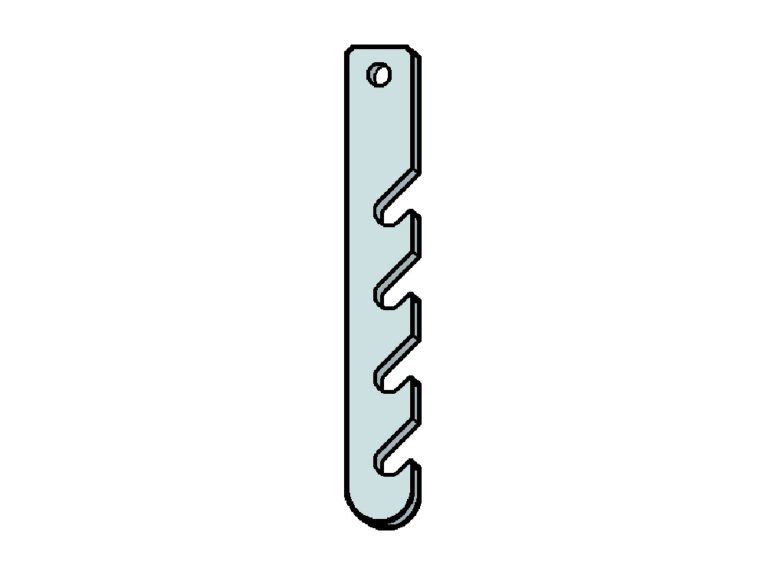échantillon
The French word “un échantillon,” means “a sample.”
Meanings of “Échantillon”
- Sample:
Perhaps the most common usage of “échantillon” is as a noun referring to a sample or specimen. This meaning is particularly prevalent in scientific, industrial, and commercial contexts. For instance, in a laboratory setting, scientists might examine “un échantillon de sang” (a blood sample) for analysis. - Example:
Drawing from its Latin roots, “échantillon” can also signify an example or illustration. In this sense, it is often used to clarify or demonstrate a concept. For example, a teacher might say, “Voici un échantillon de la règle” (Here is an example of the rule) when explaining a grammar concept.
Examples of Use
- Scientific Context:
- Les chercheurs ont analysé un échantillon de sol pour détecter la présence de contaminants. (The researchers analyzed a soil sample to detect the presence of contaminants.)
- Educational Context:
- Le professeur a donné un échantillon de problèmes mathématiques à résoudre comme devoir. (The teacher gave a sample of math problems to solve as homework.)
- Market Research:
- L’entreprise a distribué des échantillons de son nouveau produit pour recueillir des commentaires des consommateurs. (The company distributed samples of its new product to collect consumer feedback.)
- Product Promotion:
- Le magasin offrait des échantillons gratuits du parfum le plus vendu de la saison. (The store was offering free samples of the best-selling perfume of the season.)
Etymology:
The Old French term “eschantillon” is the origin of the modern French word “échantillon.” The old French word dates back to 1260 in the earliest record of its usage. It comes from the Latin vulgate word “scandiculum” meaning “scale,” “gauge” or “measure.”
Related words
Other words related to “échantillon” are:
- “échantillonner,” meaning “to take a sample” or “to sample” as a verb.
- “l’échantillonnage,” meaning “the sampling” as a noun
- “un échantillonneur,” meaning “a sampler.” This might be a musical device designed to record sound samples, or a person whose job it is to take samples in a scientific study, or a technical machine that takes samples of a particular substance.






